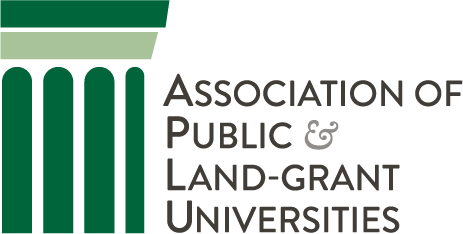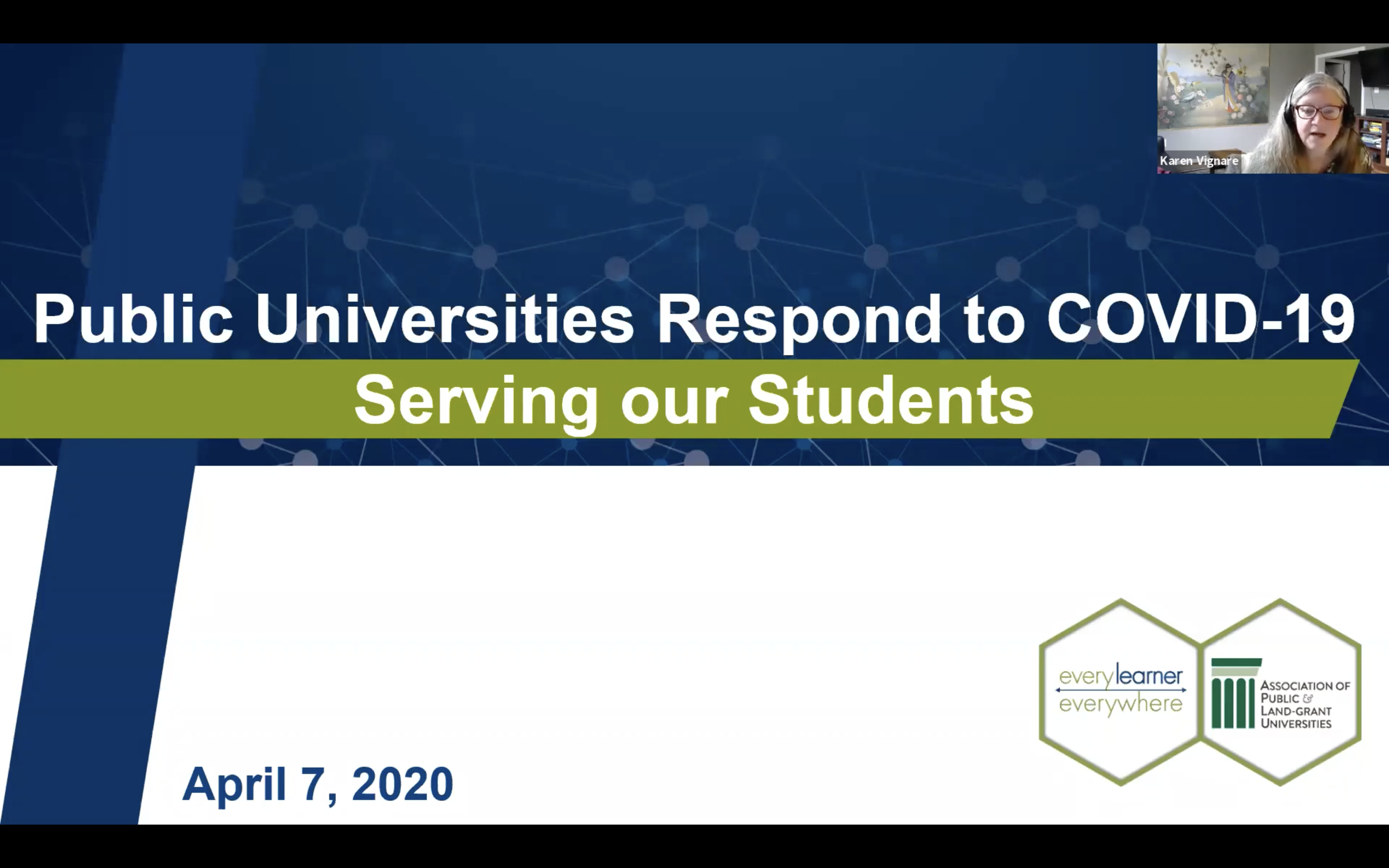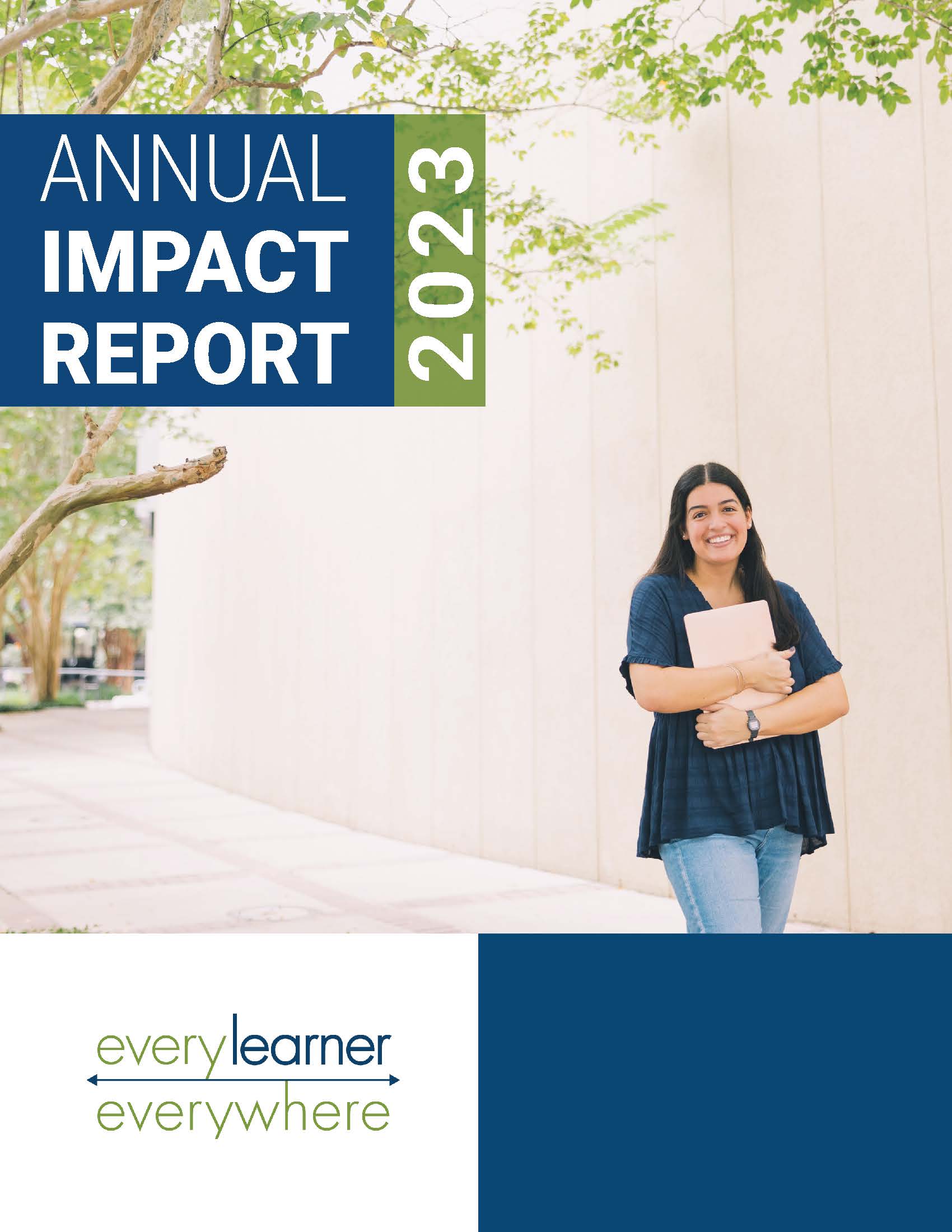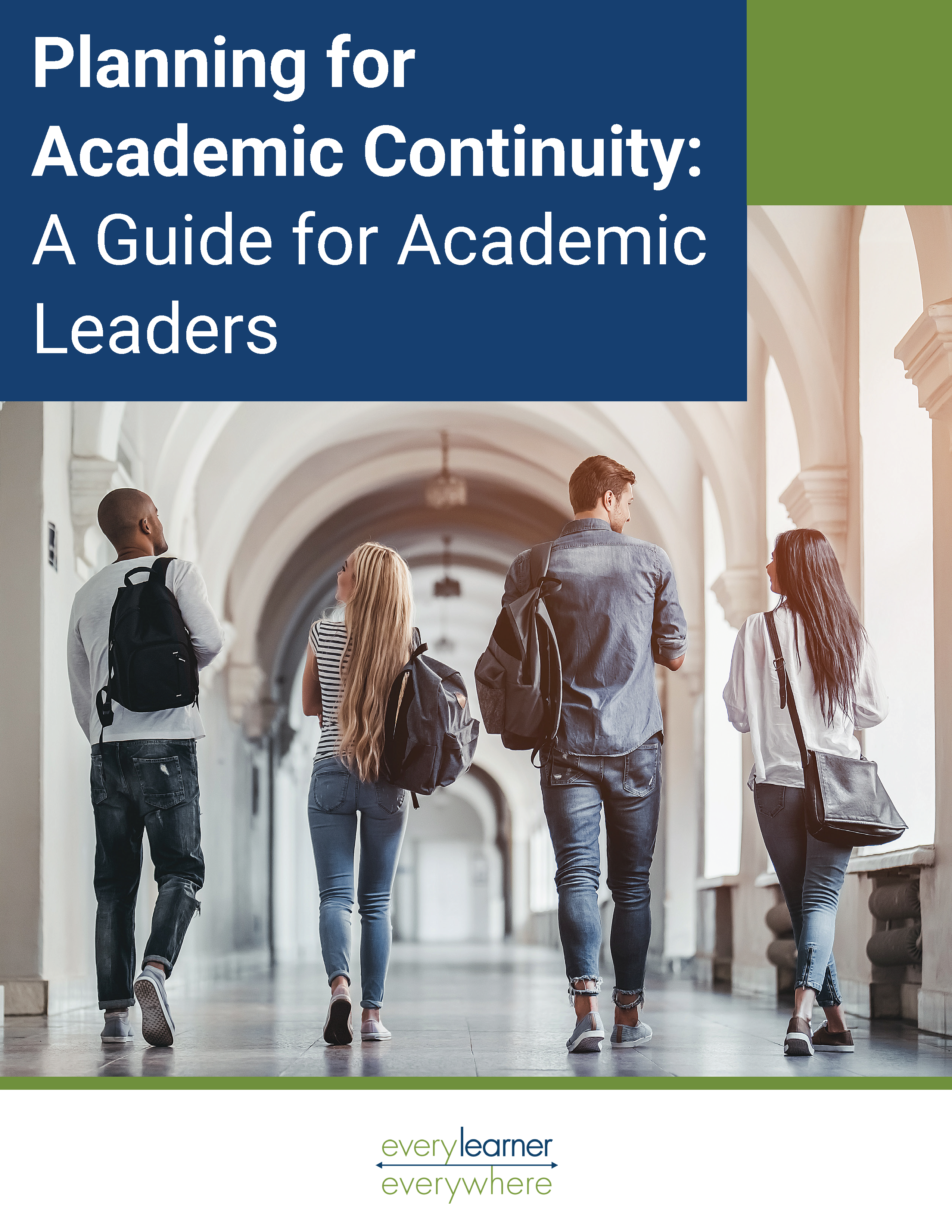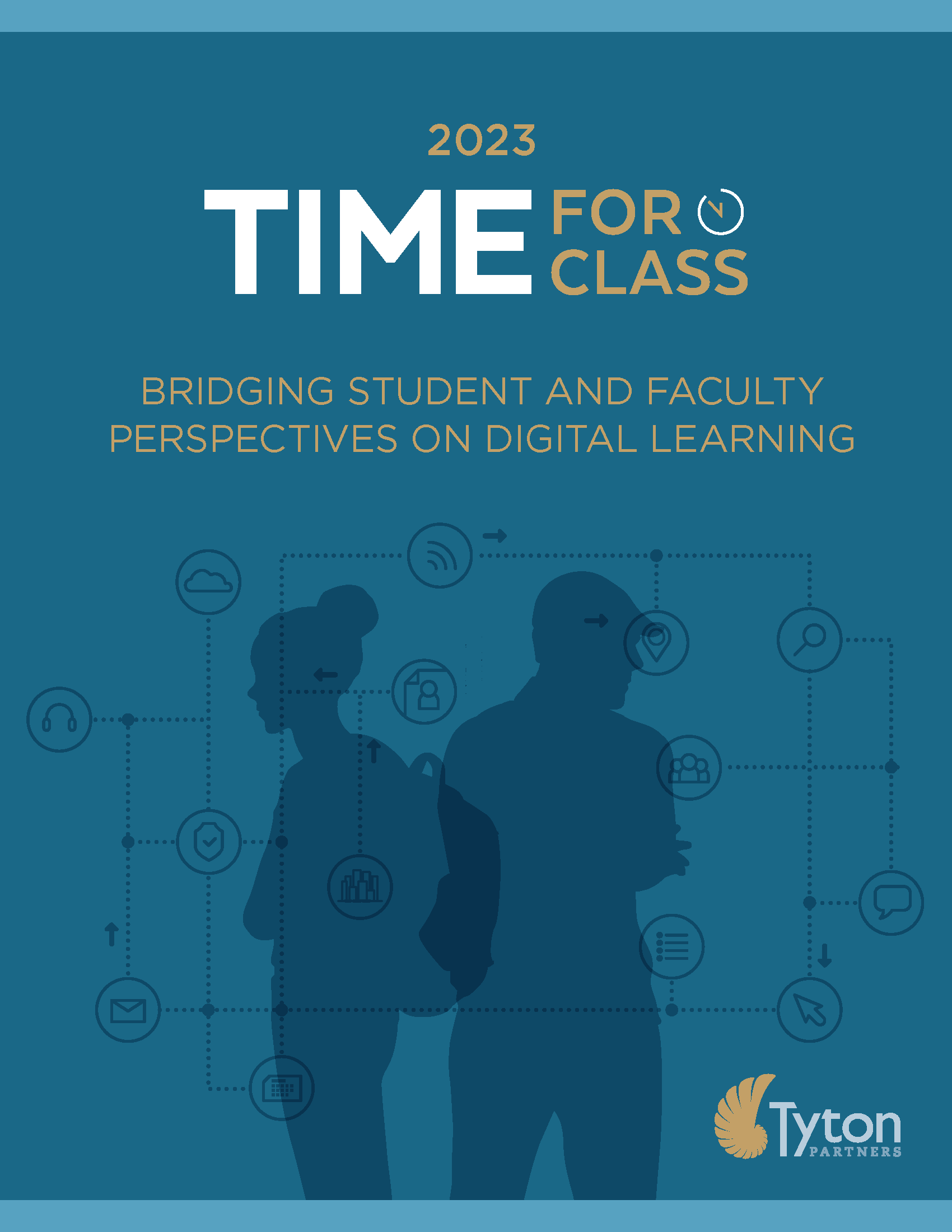The COVID-19 pandemic impacted colleges dramatically in mid-March 2020. In this webinar, we follow up with two provosts to see how things have changed in the first four weeks of moving courses online and how they’re beginning to plan for the future in serving our students.
Speakers: Karen Vignare, Ph.D. Vice President, Digital Transformation for Student Success & Executive Director, Personalized Learning Consortium (PLC); Beth Boehm, Executive Vice President and University Provost at the University of Louisville; and Noel Wilkin, Provost and Executive Vice Chancellor for Academic Affairs at the University of Mississippi


